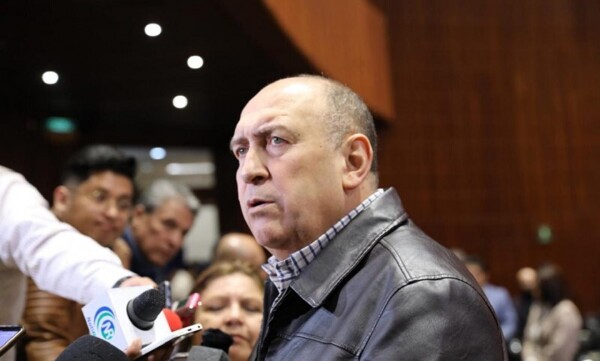
The National Electoral Institute (INE) approved in an extraordinary session the catalog of infractions for the 2025 judicial election. This catalog aims to establish restrictions for candidates, public servants, media, political parties, and citizens in order to guarantee clarity and legal certainty in the process.
According to the catalog, judicial candidates are prohibited from contracting space on radio and television, engaging in early campaign activities, as well as disseminating propaganda that includes slander. For their part, it will be considered an infraction if public officials engage in campaigning for a candidacy, use public resources for propaganda purposes, participate in campaigning activities on workdays, or without holding the status of a candidate, among others.
An approved proposal adds a prohibition for agencies to organize forums and establishes that public servants cannot participate as moderators in them, due to their role in promoting social programs. Additionally, party affiliates could be sanctioned if they participate as observers in the judicial election, since the judicial reform does not allow their intervention at any stage of the process.
Regarding radio and television concessionaires, it is established that disseminating polls during the electoral ban, financing unreported polls to the electoral authority, or conducting unfair debates will be an infraction. Likewise, contracting media space, conducting polls, or providing benefits to candidates for citizens is prohibited.
Despite the request to remove the generic mention of "citizenship," this was not accepted. The INE argues that it is necessary to mention it since anyone can campaign in favor of a candidacy. Furthermore, it was criticized that the legislature has once again failed to regulate infringing behaviors, delegating this task to the electoral body.
Another approved measure was the creation of a mailbox for candidates, through which they will receive personal notifications of agreements and resolutions issued by specific entities of the INE. Sanctions will be applied according to what is established in the General Law of Institutions and Electoral Procedures.
Finally, the Electoral Day Information System was approved, which aims to inform about the installation of polling stations between 88 and 90% by 12:00 p.m. on election day.














